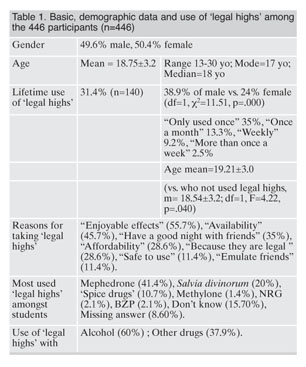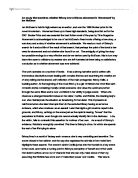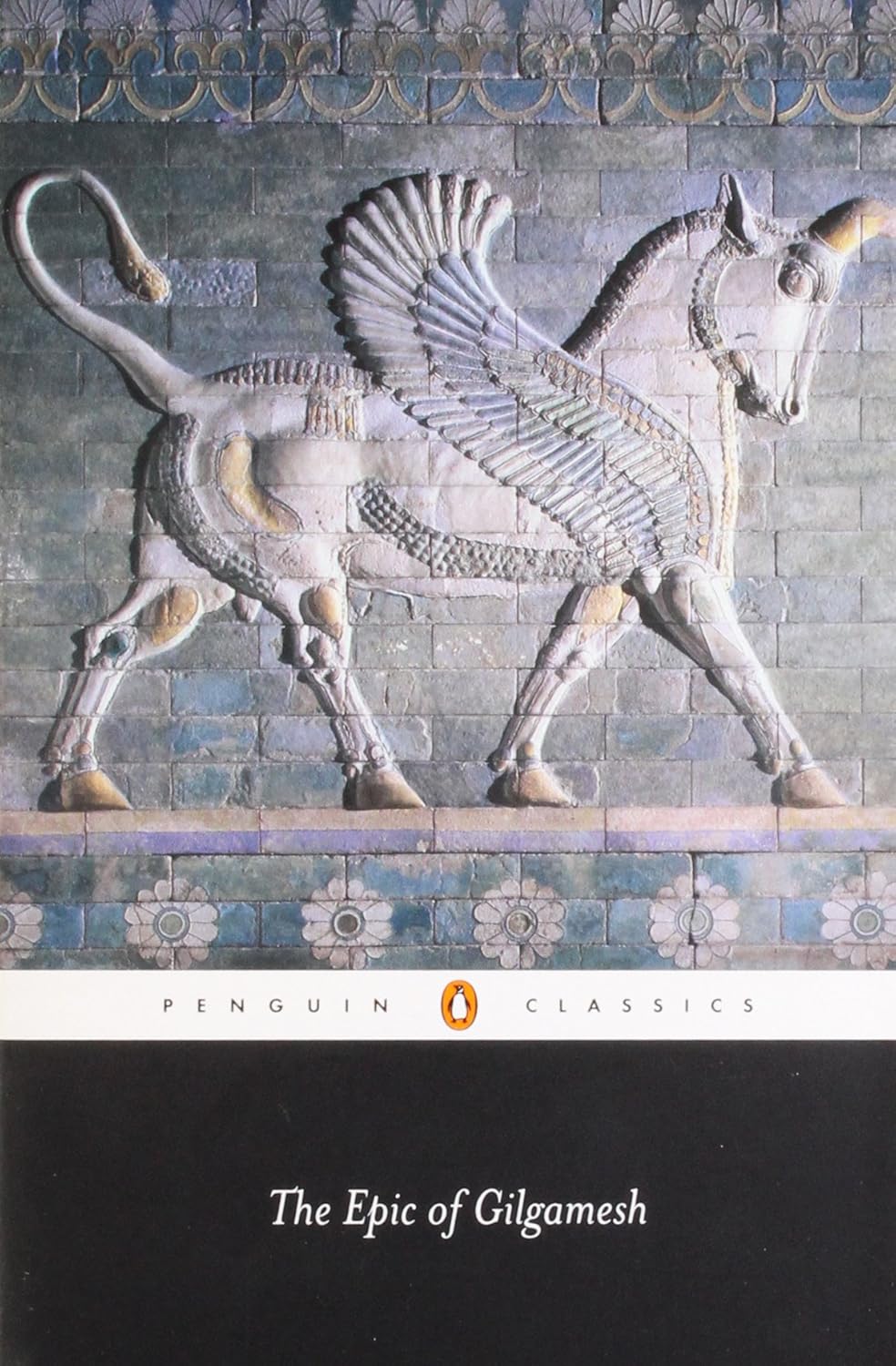General Defences Of Automatism And Insanity Automatism Law.
Automatism. Non-insane Automatism: when a person is in a state of unconscious, involuntary action, in which they are capable of action but not conscious or in control of what they are doing. Relates to the actus reus of the offence. Non-insane automatism is not a defence in the criminal code, but has emerged from case law as a recognized defence.
To understand the components that must be satisfied in order to successfully raise a defence of insanity, automatism or intoxication. To comprehend the difference between specific intent crimes and basic intent crimes, and how it relates to the defences. To appreciate the effect of a successful plea of insanity, automatism and intoxication.

Possible defence of automatism. Whether it will be insane or non-insane automatism will depend on whether the cause is internal or external. It will be preferable to show the cause is external where possible to avoid the special verdict and achieve a complete acquittal.

Whilst a successful defence of automatism results in a complete acquittal, a successful defence of insanity results in a special verdict of not guilty by reason of insanity with the defendant facing certain constraints under a hospital order for the protection of the public.

Automatism as a criminal defence What is automatism? Generally, at common law, a voluntary act is required to establish the actus reus of a crime. The defendant should also be conscious of their acts so that mens rea can be established. If a defendant, however, can show that they committed a crime as the result of an involuntary act they may be able to plead the defence of automatism.

The current rules that govern the insanity defence (also referred to as “insane automatism”) date from 1843. They have been widely criticised for a number of reasons: it is not clear whether the defence of insanity is even available in all cases; the law lags behind psychiatric understanding, and this partly explains why, in practice, the.

Automatism is a type of defense which is used in the criminal law cases. Automatism is one of the types of medical conditions, which is related to the mental state of the defending party. It can be seen as lack of excuse, or culpability, or the lack of voluntariness.

The defence of non-insane automatism, if successfully pleaded, acts as a complete defence absolving the defendant of all criminal liability. It differs from the defence of insane automatism in that there is no power to detain in a mental hospital neither may any other order be made against the defendant.

A state of automatism is one where the acts of a person are beyond their physical control. Typical examples are sleepwalking, acts done in a hypnotic trance, reflex actions and convulsions. Such states normally excuse a defendant for the consequences of his actions on the basis that no responsibility can be fairly attached to unwilled actions.

Automatism is a rarely used criminal defence. It is one of the mental condition defences that relate to the mental state of the defendant. Automatism can be seen variously as lack of voluntariness, lack of culpability (unconsciousness) or excuse (Schopp).

As part of the OCR Law A-level course, criminal topics are evaluated and the defence of insanity and automatism is a prime example. This essay is constructed so the AO1 (knowledge objective) is highlighted in purple and the AO3 (evaluation) is highlighted in yellow. This is a perfect structure for an essay and has achieved top-level marks.

The former is a new statutory defence, replacing the old defence of insanity, which was created following a report by the Scottish Law Commission. That report ignored automatism, an omission argued by the author to be unfortunate since automatism and the mental disorder defence are very closely related.

CHAPTER 5: A REFORMED DEFENCE OF AUTOMATISM 96 The present law 5.2 96 Definition and scope of defence 5.2 96 Categories of automatism 5.11 99 The courts’ general approach to sane automatism 5.18 100 Loss of control 5.22 101 Evidence required to support the defence 5.33 104 (1) Automatism resulting from a disease of the mind 5.36 104.



